Why Lithium Ion Car Batteries Are Revolutionizing Electric Vehicles Today
The automotive industry is undergoing a significant transformation, largely driven by advancements in technology and a growing demand for sustainable transportation solutions. At the forefront of this revolution is the Lithium Ion Car Battery, a game-changer that is making electric vehicles more efficient, cost-effective, and accessible than ever before. These batteries offer higher energy density, longer life cycles, and faster charging times compared to traditional battery technologies, enabling manufacturers to produce electric vehicles that meet the performance expectations of modern consumers.
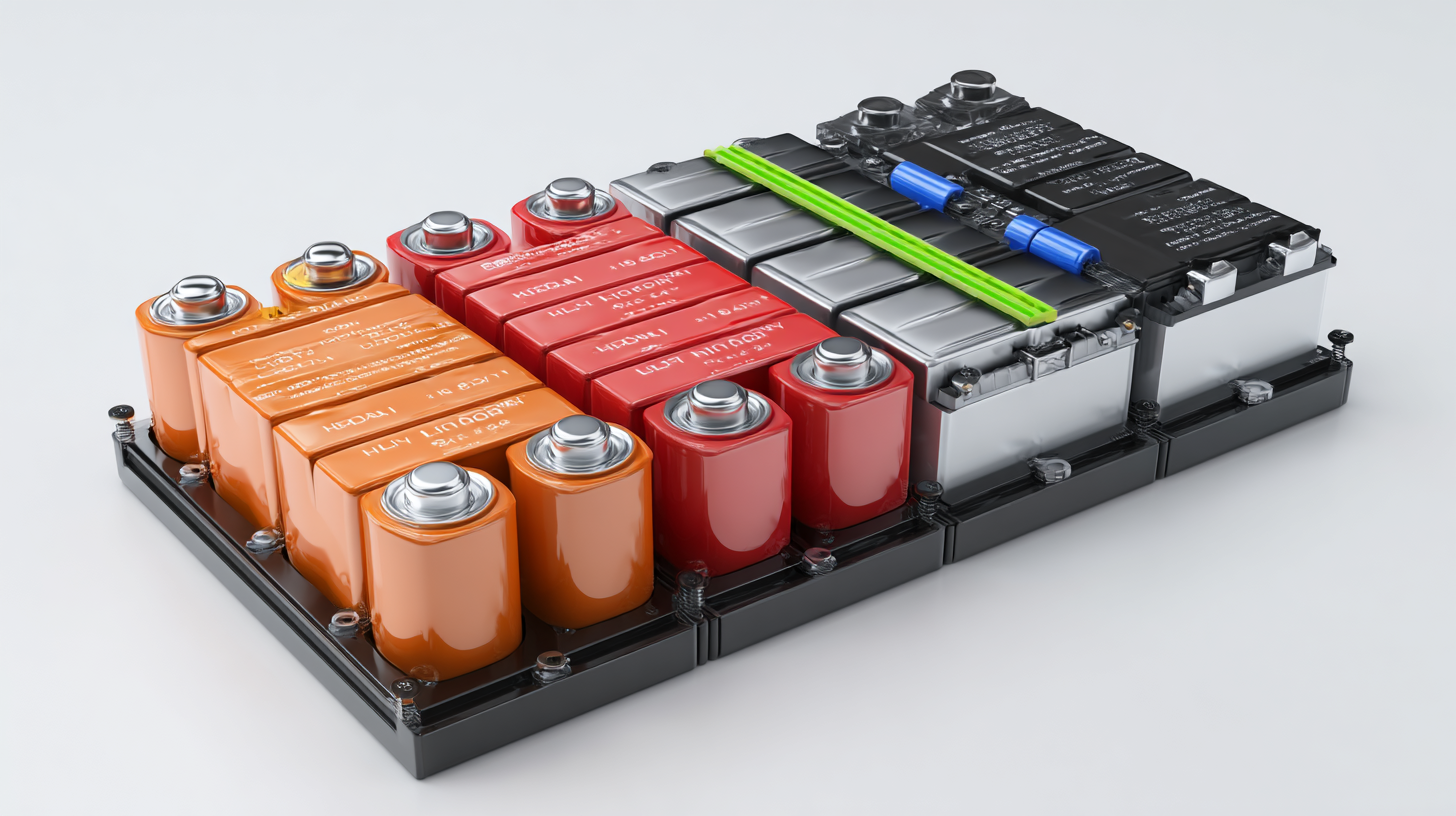
As society strives to reduce carbon emissions and combat climate change, the rise of the Lithium Ion Car Battery signifies a pivotal shift towards cleaner mobility. This introduction outlines the key reasons why these batteries are pivotal in revolutionizing electric vehicles today, highlighting their impact on performance, sustainability, and the future of transportation.
Understanding Lithium Ion Technology and Its Advantages
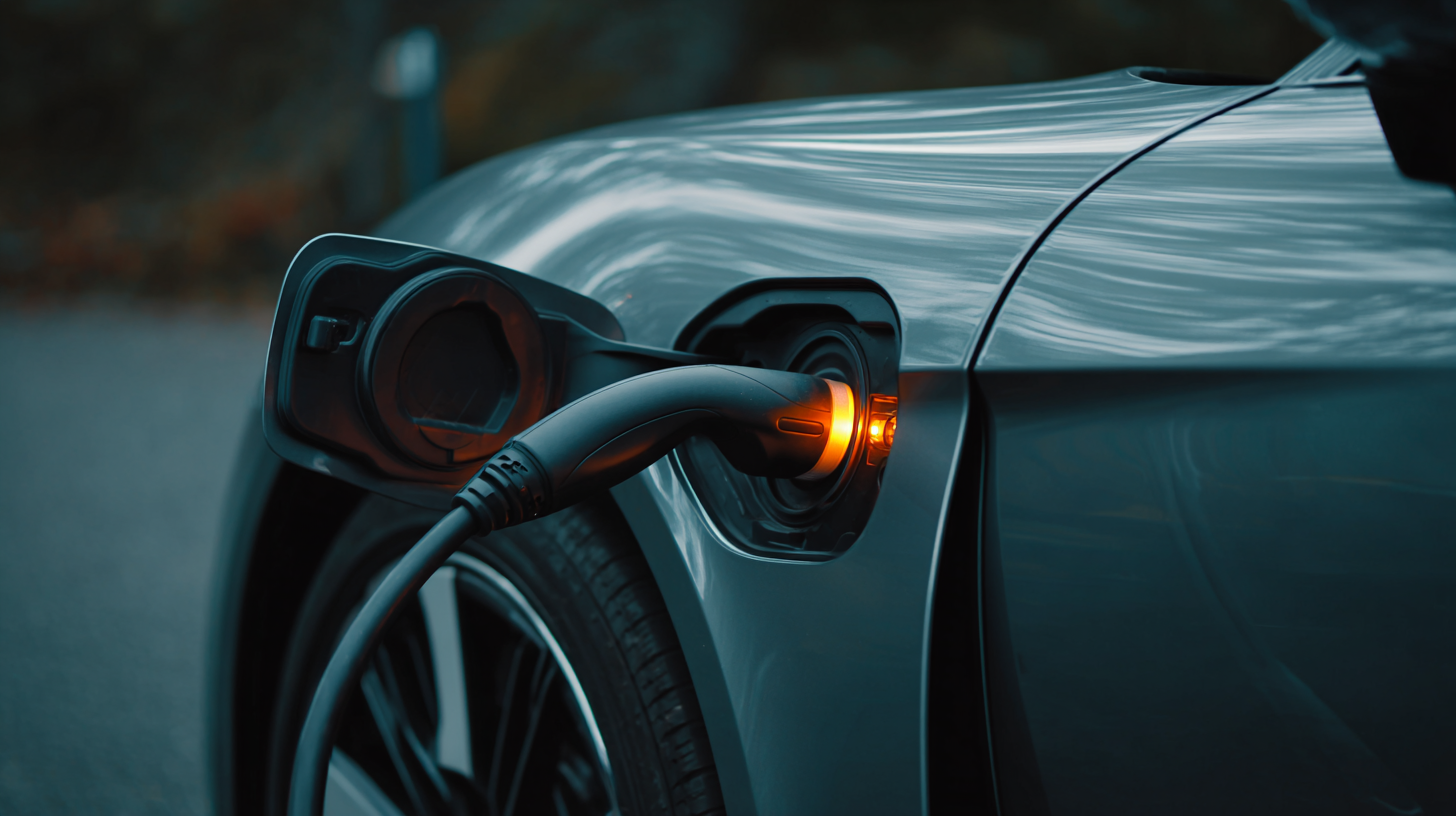 Lithium-ion technology has emerged as a cornerstone in the evolution of electric vehicles (EVs), transforming how we perceive and utilize automotive power sources. One of the primary advantages of lithium-ion batteries is their high energy density, which allows for longer driving ranges on a single charge compared to traditional lead-acid batteries. This innovation not only improves the convenience of EVs but also enhances their practicality for a broader audience, making the switch to electric driving more appealing.
Lithium-ion technology has emerged as a cornerstone in the evolution of electric vehicles (EVs), transforming how we perceive and utilize automotive power sources. One of the primary advantages of lithium-ion batteries is their high energy density, which allows for longer driving ranges on a single charge compared to traditional lead-acid batteries. This innovation not only improves the convenience of EVs but also enhances their practicality for a broader audience, making the switch to electric driving more appealing.
Tip: When considering an electric vehicle, look for models with lithium-ion batteries that offer fast charging capabilities. This can significantly reduce downtime during long trips, making EVs more user-friendly.
Additionally, lithium-ion batteries are lighter and more compact, leading to better overall vehicle efficiency. Their longer lifespan, typically ranging from 8 to 15 years, decreases the long-term costs associated with battery replacement. This reliability ensures that EV owners can enjoy their vehicles without the recurring concern of frequent battery changes.
Tip: Regularly check and maintain the battery health of your electric vehicle to maximize its lifespan and effectiveness, ensuring you get the most out of your investment.
Comparing Lithium Ion Batteries to Traditional Battery Types
Lithium-ion batteries have transformed the electric vehicle (EV) landscape, providing distinct advantages over traditional battery types such as lead-acid and nickel-metal hydride. These advantages include higher energy density, longer cycle life, and lower self-discharge rates. For instance, lithium-ion batteries typically offer an energy density of around 150-250 Wh/kg, significantly outperforming lead-acid batteries, which generally range between 30-50 Wh/kg. This substantial difference allows electric vehicles to operate for longer distances on a single charge, addressing one of the major concerns for consumers—range anxiety.
Moreover, advances in battery technology, such as lithium manganese-rich (LMR) batteries, are emerging as promising alternatives that rival conventional lithium-ion models. LMR technology not only demonstrates similar energy densities but also offers a potentially lower cost and improved stability. Comparative studies indicate that LMR batteries could lead to lower production costs while enhancing the efficiency of EVs and contributing to the ongoing evolution of battery chemistry in the automotive sector. Furthermore, with increasing focus on recycling and reuse strategies for retired lithium-ion batteries, the environmental impact of these energy sources is becoming a critical consideration in their lifecycle management, balancing economic benefits with sustainable practices.
The Impact of Lithium Ion Batteries on Electric Vehicle Performance
The performance of electric vehicles (EVs) is profoundly impacted by advancements in lithium-ion battery technology. Recent studies emphasize the significance of understanding the degradation of these batteries under different conditions, such as current ripple effects. This knowledge is crucial for optimizing charging systems that mimic real-life fast chargers, which can enhance battery lifespan and overall performance.
Tips: To maximize battery life, avoid frequent fast charging and allow batteries to rest between charge cycles. Additionally, maintaining a moderate temperature range can significantly reduce degradation rates.
Further research into vehicle-to-grid (V2G) technology highlights the economic benefits when battery electric vehicles are integrated into energy grids. This innovation not only provides compensation for users but also aids in stabilizing energy demands, showcasing lithium-ion batteries' flexibility in usage. With continuous technological innovations, including advancements in battery thermal management systems, the electric vehicle sector is on the brink of a performance revolution, promising longer range and improved efficiency for end-users.
Tips: Monitor your EV’s battery health regularly and engage with tools that can provide insights into battery performance. Consider participating in V2G programs if available, as these can enhance both your vehicle's utility and your cost savings.
Challenges Facing Lithium Ion Batteries and Future Developments
The rise of lithium-ion batteries has transformed electric vehicles (EVs), providing them with longer ranges and shorter charging times. However, several challenges still plague this technology. Key issues include the limited lifespan of lithium-ion batteries, which typically last around 8 to 15 years depending on usage and environmental factors. Additionally, there is the environmental impact of lithium extraction and battery disposal, raising concerns about sustainability. According to a report by the International Energy Agency (IEA), the global demand for lithium could surge up to sixfold by 2030, stressing the need for responsible sourcing and recycling initiatives.
Future developments focus on addressing these challenges through innovations such as solid-state batteries, which promise to enhance safety and performance by replacing liquid electrolytes with solid ones. Industry experts predict that solid-state technology could improve energy density significantly, potentially leading to ranges exceeding 500 miles on a single charge. Furthermore, advancements in battery recycling techniques are expected to alleviate environmental concerns and recover valuable materials, positioning the lithium industry as more sustainable in the long term. Reports from BloombergNEF indicate that by 2040, nearly 1.5 million tonnes of used lithium-ion batteries could enter the recycling stream annually, presenting both hurdles and opportunities for the EV market.
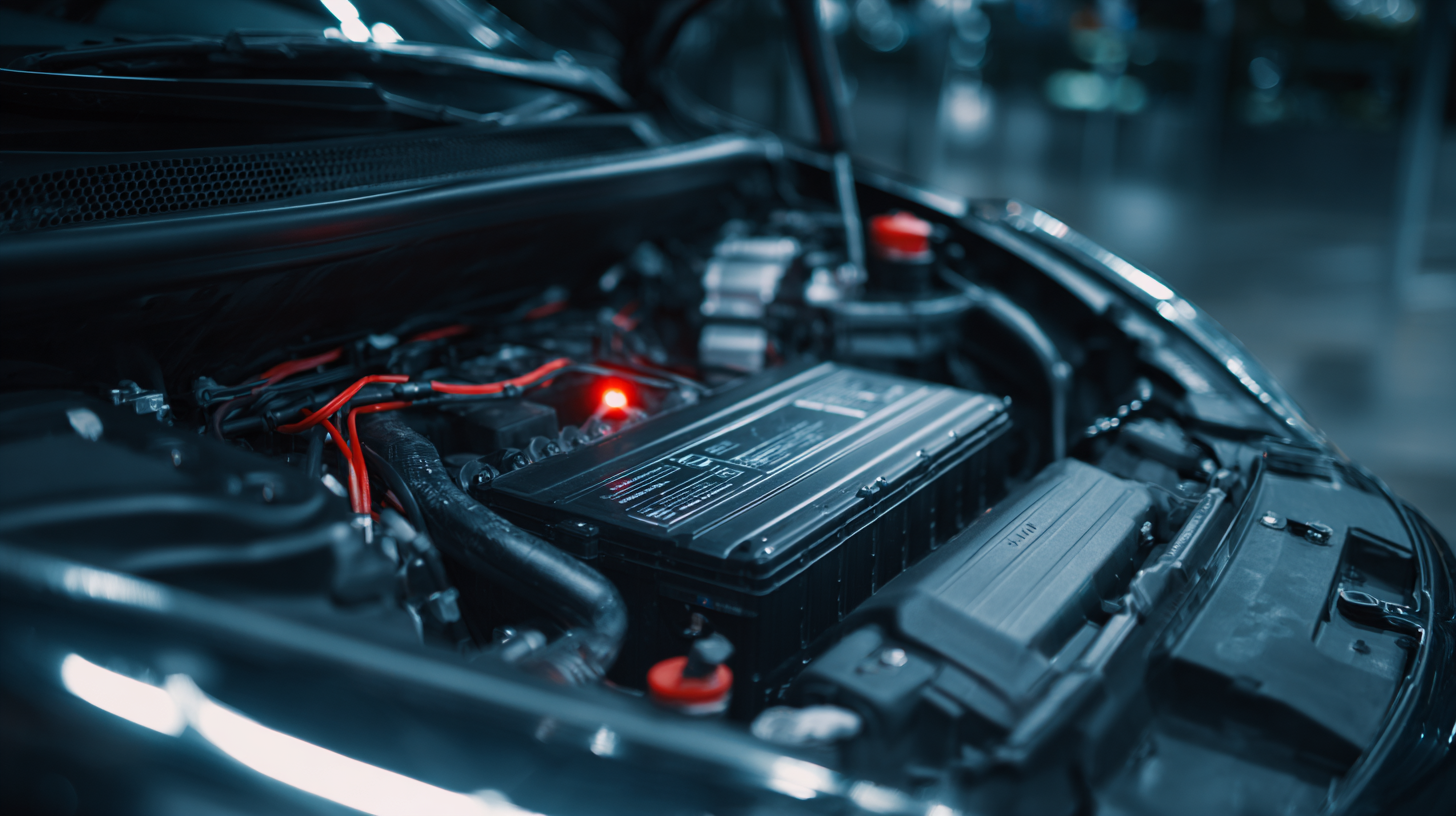
Tips for Maintaining and Extending the Life of Lithium Ion Car Batteries
To maintain and extend the life of lithium-ion car batteries, it is essential to follow a few key practices. First, routinely monitor the battery’s state of charge. Keeping the battery level between 20% and 80% can prevent stress from overcharging or deep discharging, which can degrade the battery’s lifespan. Additionally, avoid exposing the battery to extreme temperatures. Excessive heat can lead to thermal runaway, while extremely low temperatures can reduce performance and capacity.
Regular maintenance is also crucial. When possible, utilize a smart charger that adjusts the charging speed based on the battery's condition. This helps to optimize charge cycles and reduces wear. Furthermore, try to minimize frequent fast charging as this can generate excess heat and strain the battery. Finally, ensure that the battery management system in the vehicle is up-to-date, as software updates can enhance efficiency and battery longevity. By following these tips, you can significantly prolong the life of your lithium-ion car battery while ensuring optimal performance of your electric vehicle.
Why Lithium Ion Car Batteries Are Revolutionizing Electric Vehicles Today - Tips for Maintaining and Extending the Life of Lithium Ion Car Batteries
| Dimension | Value |
|---|---|
| Battery Capacity | 60 kWh |
| Range per Charge | 250 miles |
| Charging Time (Fast Charger) | 30 minutes |
| Average Lifespan | 8-15 years |
| Temperature Range for Optimal Performance | -20°C to 60°C (-4°F to 140°F) |
| Recommended State of Charge (SoC) | 20% to 80% |
| Cycle Life | 500-1500 cycles |
| Environmental Impact of Recycling | Reduced resource extraction |
| Tips for Extending Battery Life | Avoid extreme temperatures, frequent fast charging |
Related Posts
-
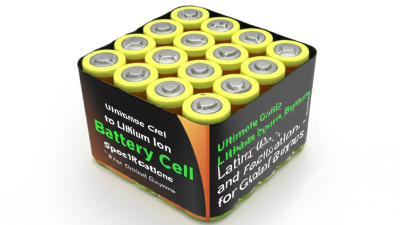
Ultimate Guide to the Best Lithium Ion Battery Cell Specifications and Features for Global Buyers
-
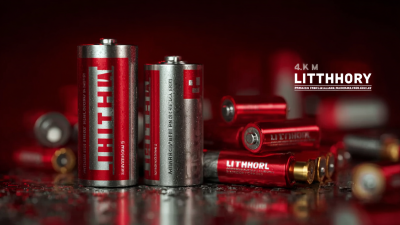
Chinese Excellence in Manufacturing Best Lithium Ion Phosphate Battery for Global Markets
-

Mastering the Essentials of Lithium Ion Car Battery Maintenance for Longevity
-

7 Reasons Why the Lithium Iron Phosphate Battery is the Best Choice for Your Energy Needs
-
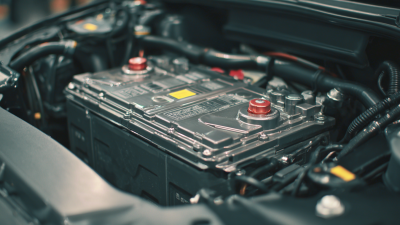
Finding the Ideal Manufacturer for Your Best Low-Speed Vehicle Battery Needs
-

7 Compelling Reasons to Choose Best Energy Storage Lifep04 Battery for Your Business Needs
